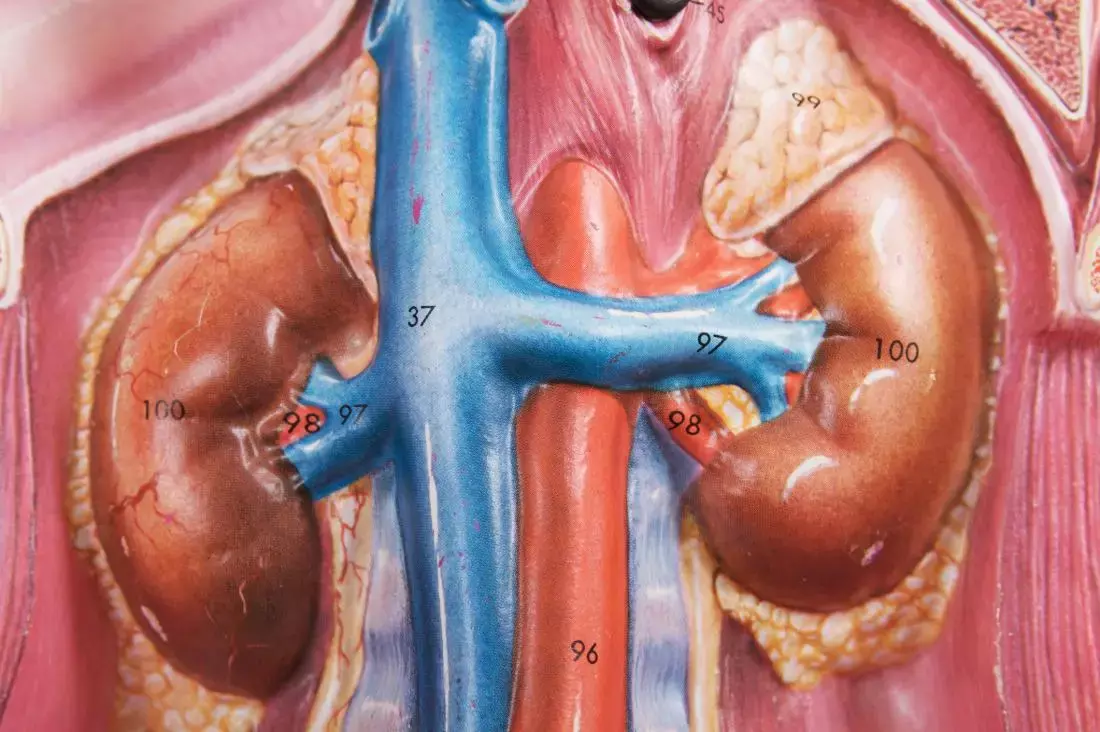- Home
- Medical news & Guidelines
- Anesthesiology
- Cardiology and CTVS
- Critical Care
- Dentistry
- Dermatology
- Diabetes and Endocrinology
- ENT
- Gastroenterology
- Medicine
- Nephrology
- Neurology
- Obstretics-Gynaecology
- Oncology
- Ophthalmology
- Orthopaedics
- Pediatrics-Neonatology
- Psychiatry
- Pulmonology
- Radiology
- Surgery
- Urology
- Laboratory Medicine
- Diet
- Nursing
- Paramedical
- Physiotherapy
- Health news
- Fact Check
- Bone Health Fact Check
- Brain Health Fact Check
- Cancer Related Fact Check
- Child Care Fact Check
- Dental and oral health fact check
- Diabetes and metabolic health fact check
- Diet and Nutrition Fact Check
- Eye and ENT Care Fact Check
- Fitness fact check
- Gut health fact check
- Heart health fact check
- Kidney health fact check
- Medical education fact check
- Men's health fact check
- Respiratory fact check
- Skin and hair care fact check
- Vaccine and Immunization fact check
- Women's health fact check
- AYUSH
- State News
- Andaman and Nicobar Islands
- Andhra Pradesh
- Arunachal Pradesh
- Assam
- Bihar
- Chandigarh
- Chattisgarh
- Dadra and Nagar Haveli
- Daman and Diu
- Delhi
- Goa
- Gujarat
- Haryana
- Himachal Pradesh
- Jammu & Kashmir
- Jharkhand
- Karnataka
- Kerala
- Ladakh
- Lakshadweep
- Madhya Pradesh
- Maharashtra
- Manipur
- Meghalaya
- Mizoram
- Nagaland
- Odisha
- Puducherry
- Punjab
- Rajasthan
- Sikkim
- Tamil Nadu
- Telangana
- Tripura
- Uttar Pradesh
- Uttrakhand
- West Bengal
- Medical Education
- Industry
Low-Dose CT Scans Show Promise in Evaluating Kidney Volume in Polycystic Kidney Disease

A recent study explores the effectiveness of low-dose CT scans for assessing kidney volume in patients with autosomal dominant polycystic kidney disease (ADPKD). The findings indicate that low-dose CT scans are comparable to standard-dose scans for this purpose while reducing radiation exposure. This study was published in BMC Nephrology by Jaeyeong Yoo and colleagues.
Kidney volume is crucial for diagnosing and prognosticating ADPKD, as well as evaluating treatment responses to drugs like tolvaptan. In this study, researchers assessed the correspondence and correlation of kidney volume measured by both standard-dose and low-dose CT scans. The main findings are as follows:
- Study Cohort: The study included 24 ADPKD patients with a mean age of 48.4 years, with approximately 46% being men.
- Volume Consistency: The study found a high degree of consistency between kidney volume measurements obtained from standard-dose and low-dose CT scans. The R2 value for volume correlation was 0.995.
- Bland-Altman Plot: Except for one case with a large kidney volume, the measurements from both types of CT scans were consistent. This indicates the reliability of low-dose CT scans for kidney volume assessment.
- Coefficient of Variation and ICC: The coefficient of variation was 0.02, and the intra-class correlation coefficient (ICC) was 0.998, demonstrating good agreement between the two types of scans.
- Radiation Dose: Standard-dose CT scans had a radiation dose (dose-length product) of 229 mGy·cm, while low-dose CT scans reduced this dose to 50 mGy·cm, representing a substantial reduction of approximately 20% of the radiation exposure.
The study's findings suggest that low-dose CT scans can effectively replace standard-dose scans in assessing kidney volume in ADPKD patients. This not only provides a less invasive option but also significantly reduces radiation exposure, a crucial consideration for patient safety.
Reference:
Yoo, J., Kim, J. up, Kim, J., Jeon, S., Song, Y.-J., Choi, K.-H., Kim, S.-H., Yoon, J.-W., & Kim, H. Non-contrast low-dose CT can be used for volumetry of ADPKD. BMC Nephrology,2023;24(1). https://doi.org/10.1186/s12882-023-03359-z
Dr Riya Dave has completed dentistry from Gujarat University in 2022. She is a dentist and accomplished medical and scientific writer known for her commitment to bridging the gap between clinical expertise and accessible healthcare information. She has been actively involved in writing blogs related to health and wellness.
Dr Kamal Kant Kohli-MBBS, DTCD- a chest specialist with more than 30 years of practice and a flair for writing clinical articles, Dr Kamal Kant Kohli joined Medical Dialogues as a Chief Editor of Medical News. Besides writing articles, as an editor, he proofreads and verifies all the medical content published on Medical Dialogues including those coming from journals, studies,medical conferences,guidelines etc. Email: drkohli@medicaldialogues.in. Contact no. 011-43720751


